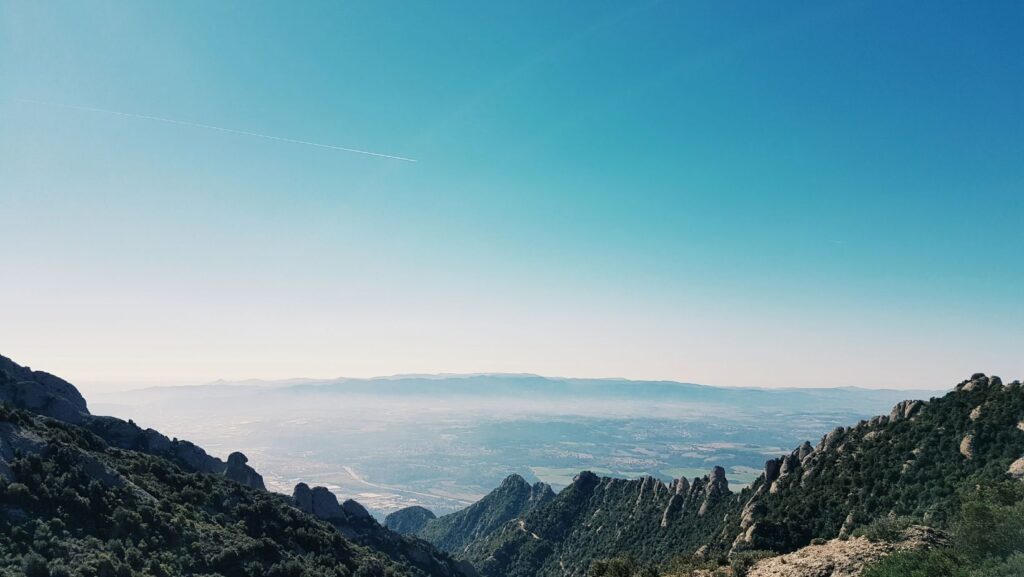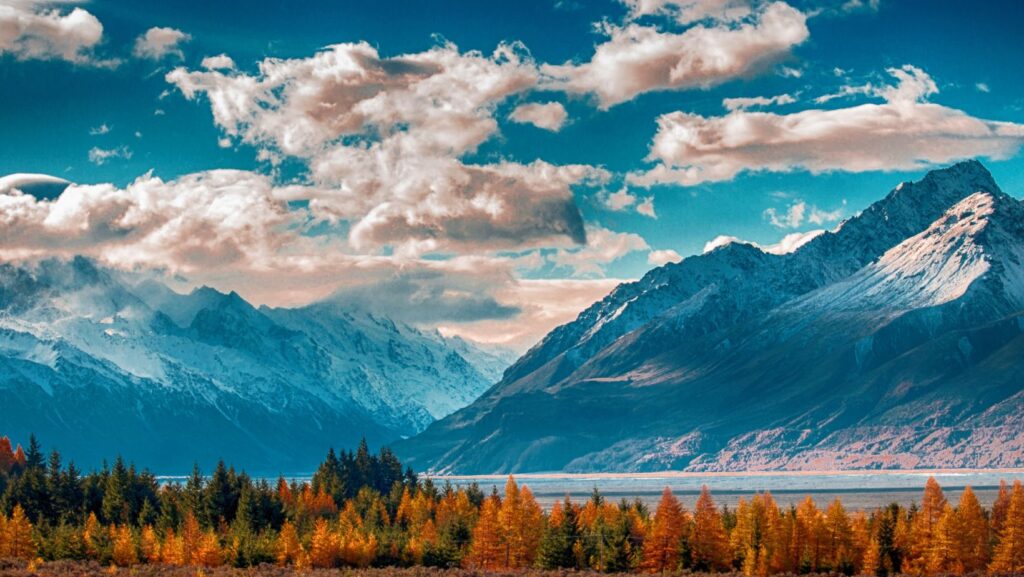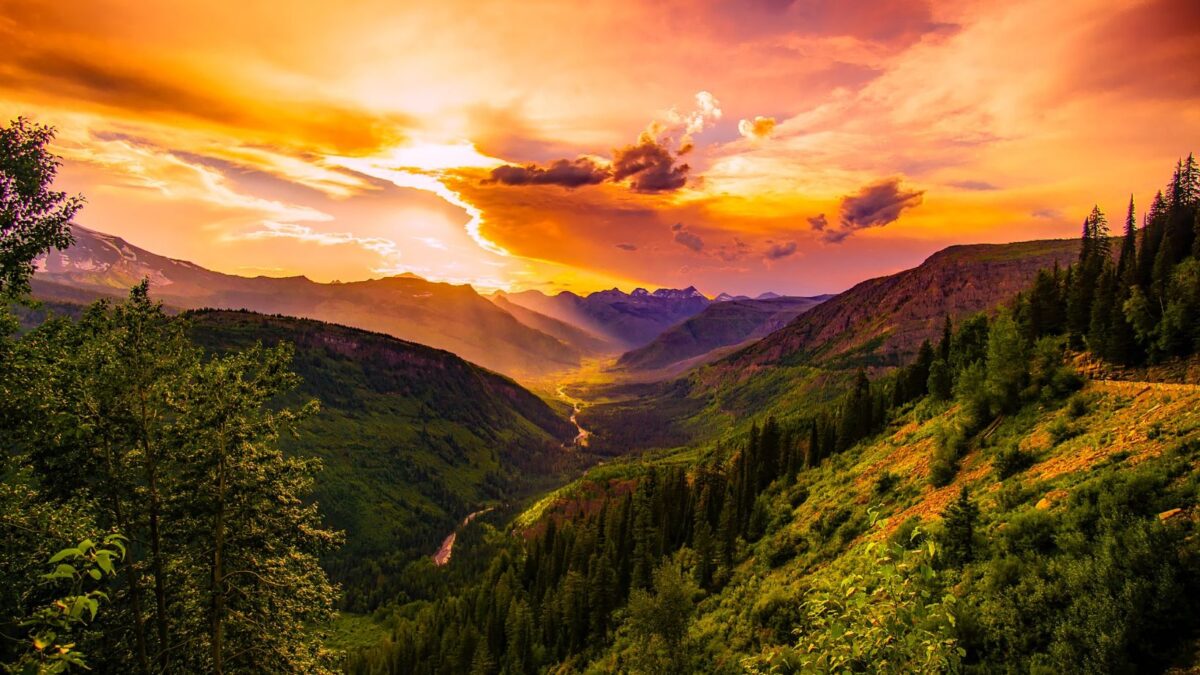Introduction
The connection between geology, ecology, and landscapes is essential in comprehending the intricate links between the Earth’s physical characteristics and the living beings that occupy it. Geology provides a basis for the Earth’s surface and the resources that sustain life, while ecology investigates the interactions between organisms and their environment. This interplay results in a variety of landscapes, each with its unique characteristics and challenges. This article will delve into the ways geology, ecology, and landscapes are interconnected and their mutual impact.

Geology’s Influence on Landscapes
Geology is the scientific study of the Earth’s physical structure and processes, and it plays a crucial role in shaping the landscape. It determines the type of rock formations, minerals, and soils present, which can create physical features like mountains, valleys, and more. Additionally, the rock and mineral composition influences the types of plants and animals that can thrive in the area.
Ecology’s Impact on Landscapes
Ecology is the study of how organisms interact with each other and their environment. The presence of specific plants and animals in a region is determined by climate, topography, and soil conditions. For instance, a forest ecosystem in a mountainous region differs from one in a lowland area due to differences in rainfall, temperature, and soil composition. Organisms and their environment interact to cause changes in the landscape, such as habitat creation, migration patterns, and species spread.

Interconnections of Geology, Ecology, and Landscapes
The relationship between geology, ecology, and landscapes is complex and ever-changing. Changes in the Earth’s physical features, such as earthquakes or volcanic eruptions, can have a significant effect on a region’s ecology. Simultaneously, changes in an area’s ecology, like the introduction or removal of species, can impact the physical landscape. Understanding these relationships is vital for the preservation and management of landscapes and their inhabitants.
Conclusion
In conclusion, geology, ecology, and landscapes are closely connected and play a critical role in shaping our planet and its life. A deeper understanding of these relationships helps us better preserve and manage our landscapes and the organisms within them. The interplay between geology, ecology, and landscapes is a complex and captivating subject with significant implications for the future of our planet.
